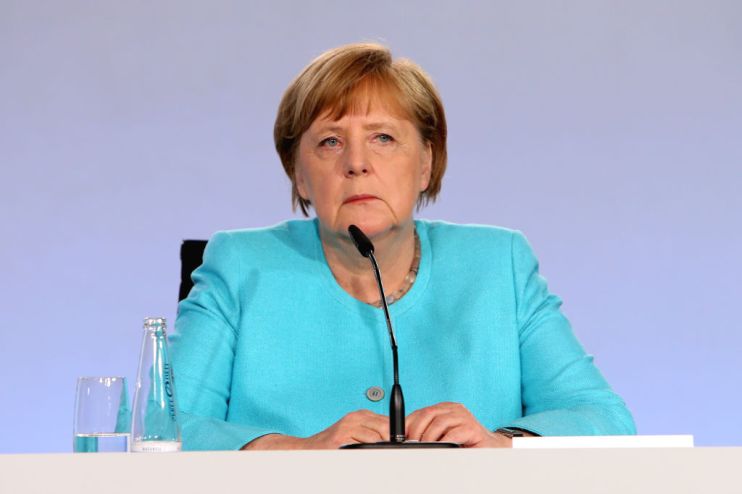Merkel’s coalition secures €130bn coronavirus stimulus package

Chancellor Angela Merkel’s coalition government last night agreed a bumper €130bn (£116bn) stimulus package to boost Germany’s economic recovery from coronavirus.
Speaking to reporters after marathon talks, Merkel said the wide-ranging package would include lower value-added tax (VAT) to boost consumption.
“The size of the package will amount to €130bn for the years 2020/2021, €120bn of which will be spent by the federal government,” Merkel said. “So we have an economic stimulus package, a package for the future.”
It follows an initial €750bn rescue package agreed in March, which included a debt-financed supplementary budget of €156bn.
The measures, which equate to more than 30 per cent of Germany’s economic output, far exceed emergency financing put in place by other Eurozone countries.
Germany will reduce VAT from 19 per cent to 16 per cent from 1 July, while the hospitality sector will have VAT cut two percentage points to seven per cent. Merkel said the tax cuts would cost €20bn.
Finance Minister Olaf Scholz said the package will be partly funded by new borrowing, adding that roughly €60bn of the €156bn package approved in March had not yet been used.
Germany is better placed to splash out on emergency measures than fellow Eurozone nations such as Italy, France and Spain due to its lower debt levels. It is also less heavily reliant on tourism than those countries.
“We can do this because we economised well in recent years,” said Scholz. “We want to come out of this crisis with vigour.”
The package also includes €10bn of support per year for local authorities struggling from lower tax income to spend on infrastructure and housing.
While Germany has weathered the Covid-19 crisis better than many of its European neighbours, it still reported soaring unemployment in April.
The economy is expected to shrink 6.3 per cent this year — its worst recession since the Second World War.
The stimulus package came after days of tense negotiations between Germany’s ruling parties.
In concession to the SPD, Merkel’s Christian Democratic Union dropped demands for cash incentives to promote the sale of combustion engine cars.